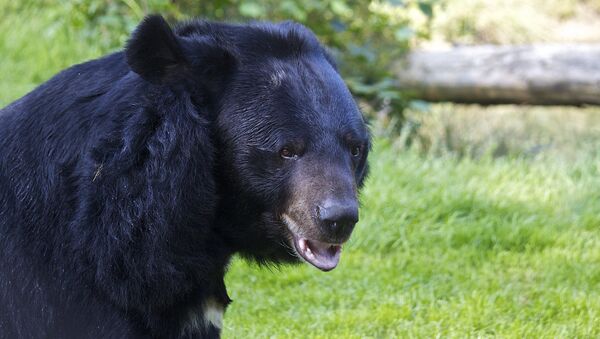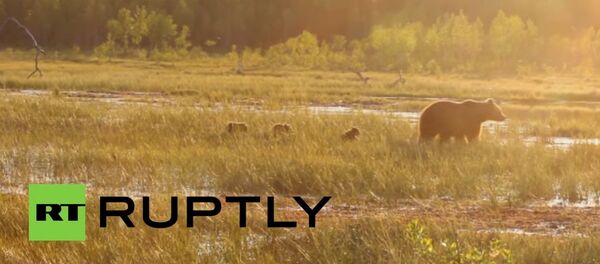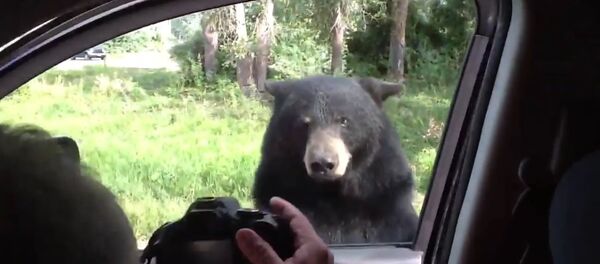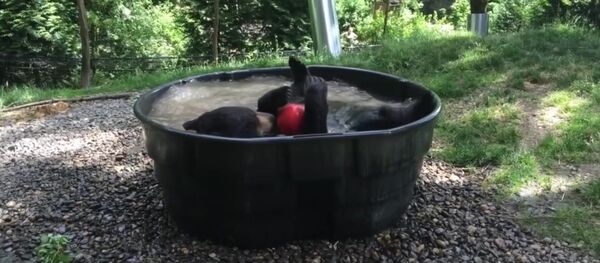Suzuki is the fourth mauling death in the last few weeks. The other three victims, two men in their 70s and one in his 60s, were mauled in the same area while picking bamboo shoots. According to Japanese news site Asahi Shinbum, a 4-foot 154-pound female black Asiatic bear, thought to be the animal that mauled Suzuki, was killed by authorities.
"After tasting human flesh (for the first time), the bear may have realised that it can eat them," said veterinarian Takeshi Komatsu, suggesting that there is only one bear responsible for the maulings.
There have been over 1,200 reported bear sightings in Japan this year, twice the amount of last year. It is believed that the increase is due to a higher beechnut crop, improving the health of mother bears and ballooning the species population.
"Mother bears with cubs are particularly wary of humans, and there are times when even hunters find them unmanageable," says Yohei Sasaki, chairman of the national hunters association Dainihon Ryoyukai, adding that although this species of bear doesn’t grow very tall, "an ordinary person would be helpless against their attacks."
Kazuhiko Maita, who directs the Institute for Asiatic Black Bear Research and Preservation says seasonal factors can also account for the rise in attacks. "From summer to after autumn, people risk being attacked by mature cubs," Maita said.
Junpei Tanaka, speaking for the ecotourism nonprofit Picchio, helping to drive bears away from humans to safer habitats, reminds people to make as much noise as they can if they encounter a bear. "Bears normally avoid humans, so it’s good to make them aware of your presence by using something like a bell," he said.
While the black bear population in Akita is on the rise, the numbers are quite low, almost to the point of extinction, in other areas. In the Shikoku region it is estimated that there are only 10 to several dozen bears left.
"As farmlands in satoyama (forests near residential areas) are no longer being managed properly due to population decline and aging, encounters with bears that have come from deep in the mountains are becoming more frequent," said a staffer from the Japan World Wildlife Federation (WWF).





